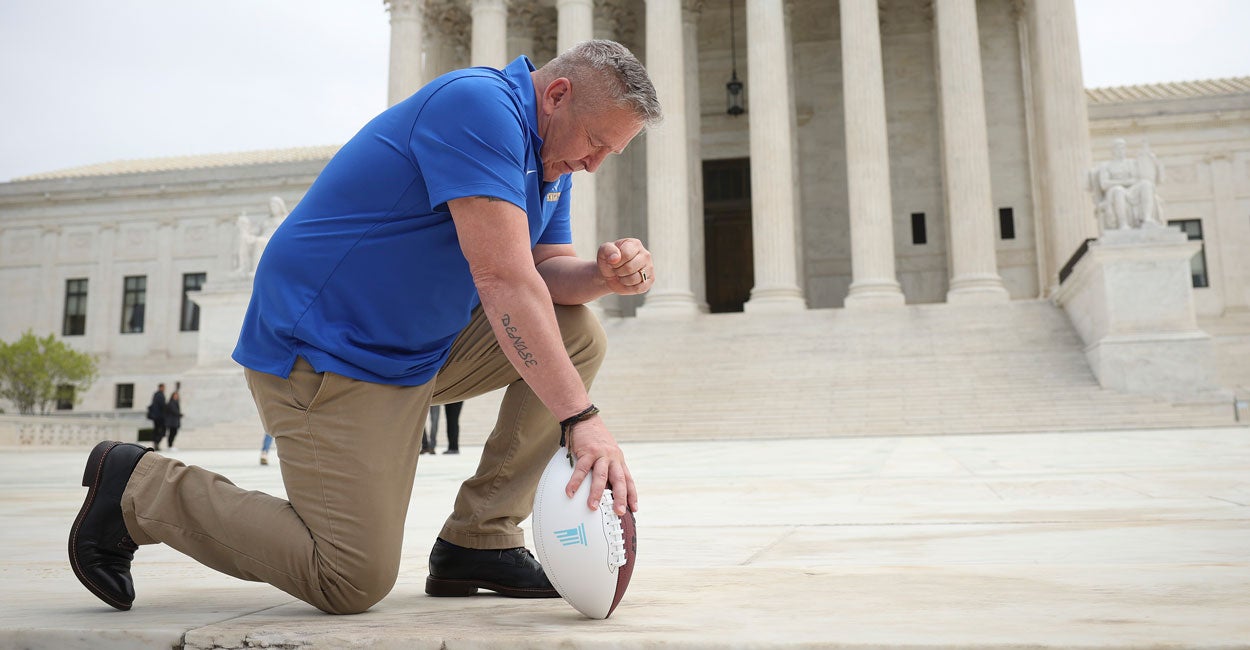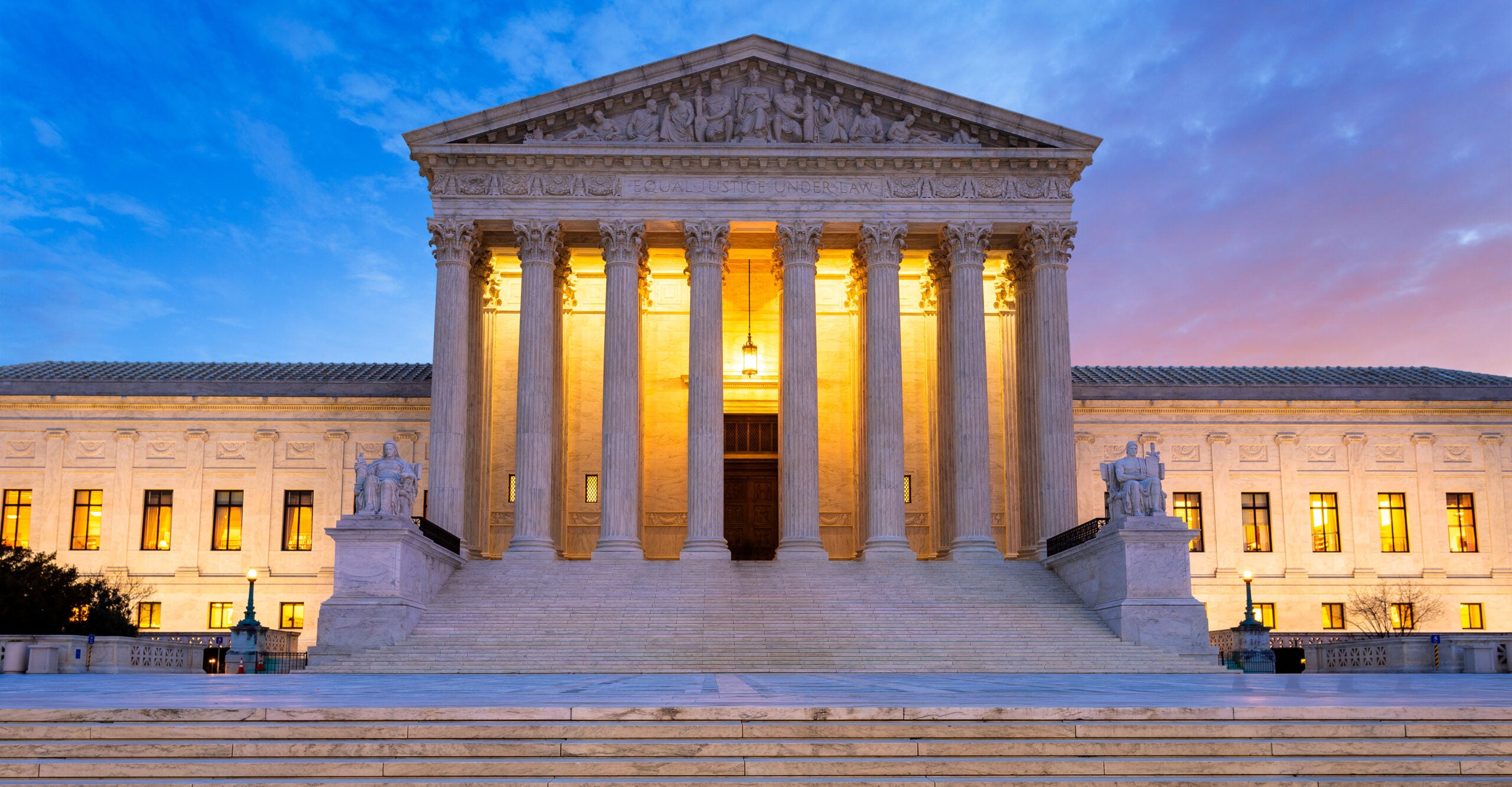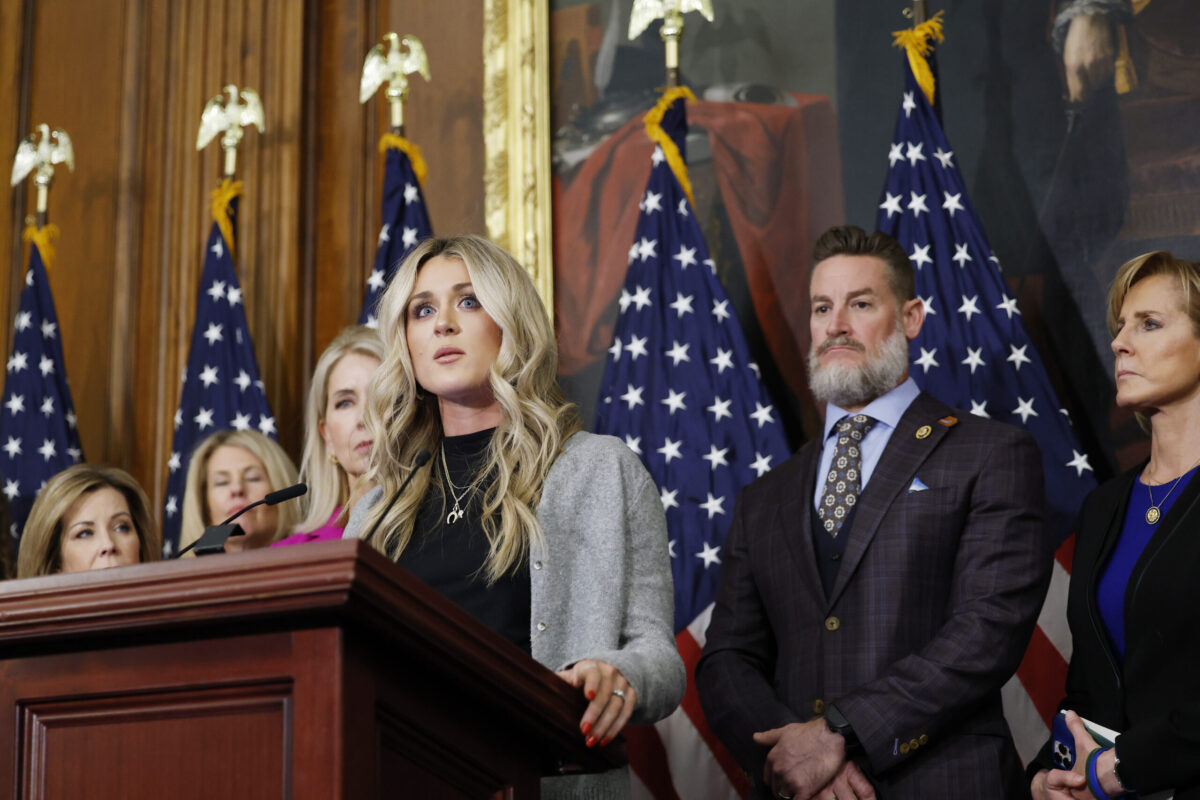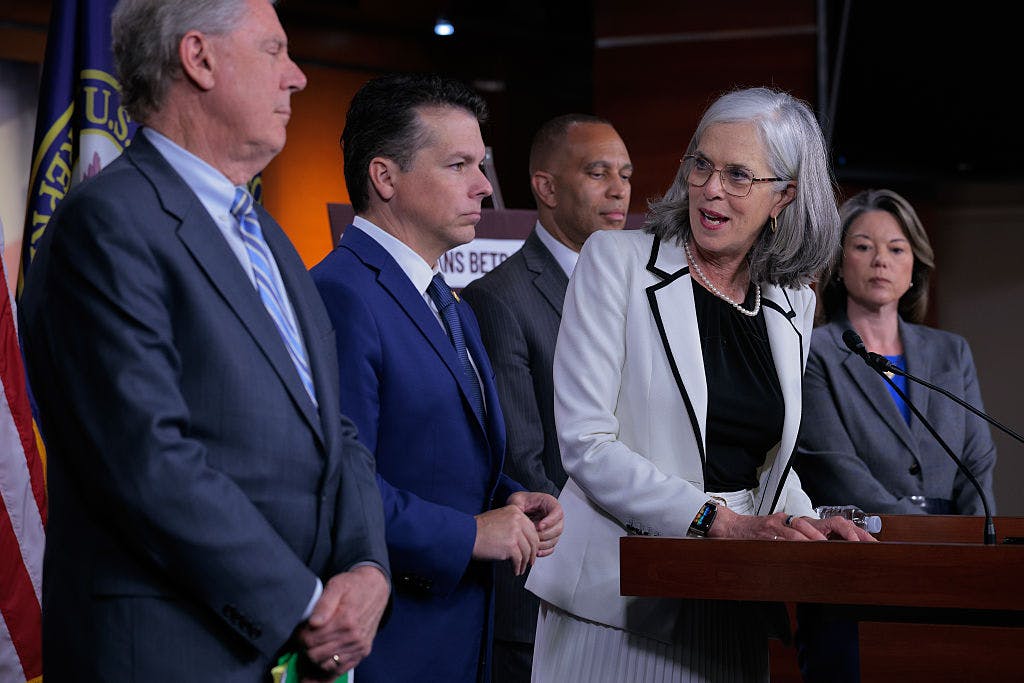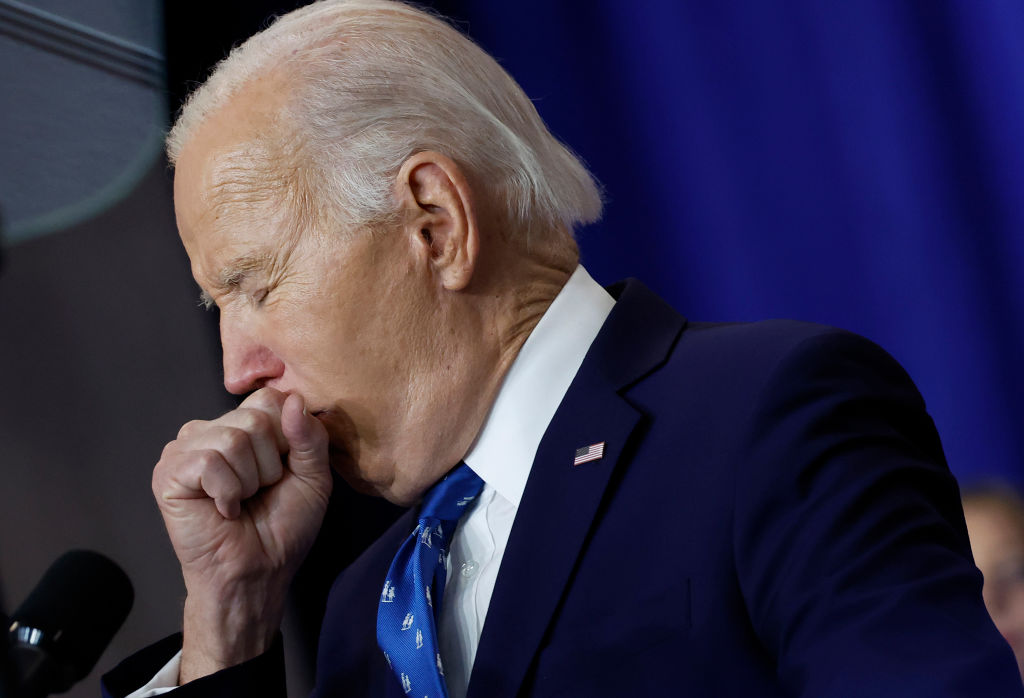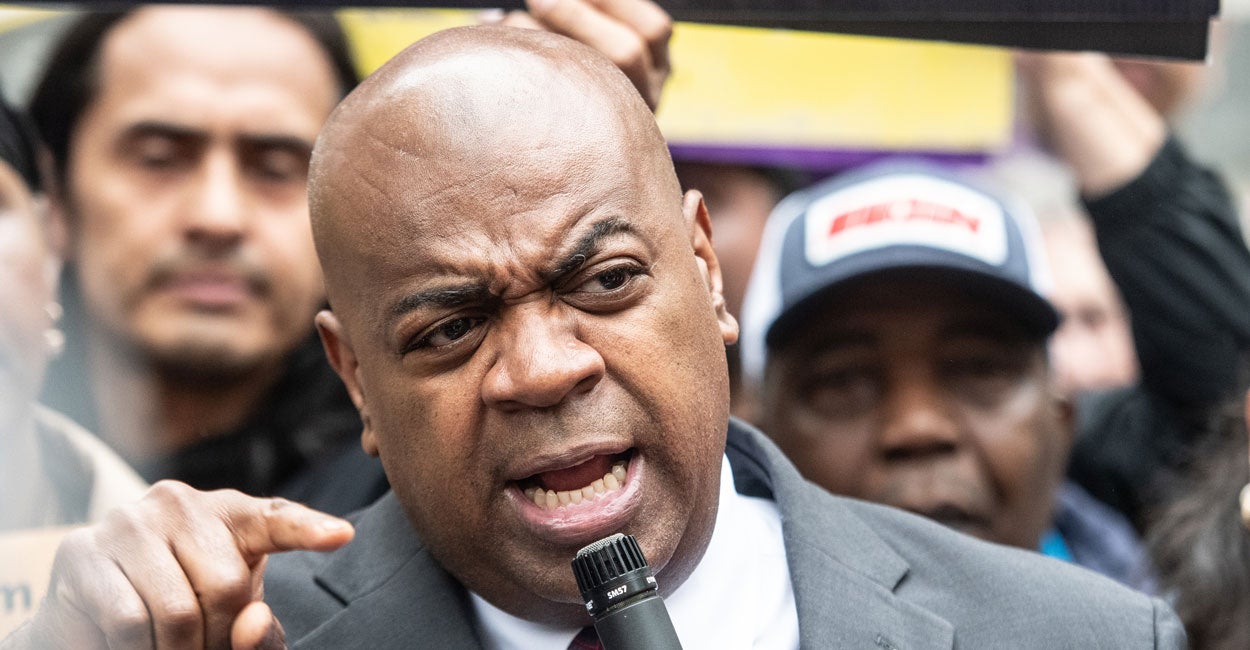Abortion promoters spent 8 times as much as pro-lifers on initiatives



Last week, 10 states voted on whether to approve abortion-related ballot measures, and one put an assisted suicide measure before voters. In addition, some local ordinances related to abortion went before voters. Most of the pro-abortion measures passed, but in three states — Florida, Nebraska, and South Dakota — voters staved off attempts to expand abortion. Collectively, the amount of funding raised to promote abortion by way of state ballot initiatives was around $244 million while the pro-life side raised around $29 million.
This means the pro-abortion side spent about 8 times as much as the pro-life side — a spending gap of around $215 million.
Pro-life victories
Florida Amendment 4: Failed
According to Ballotpedia, Amendment 4 would have added this text to Article I of Florida’s state constitution:
Limiting government interference with abortion.— Except as provided in Article X, Section 22, no law shall prohibit, penalize, delay, or restrict abortion before viability or when necessary to protect the patient’s health, as determined by the patient’s healthcare provider.
Opponents noted that “viability” remained undefined in the measure, left a loophole for vague “health” reasons even after viability, and did not define “healthcare provider,” which could mean any non-physician could make such a determination.
The summary quoted by Ballotpedia also stated, “The initiative would not have changed the state legislature’s authority to enact a law requiring the parents of a minor to be notified if their child is seeking an abortion, with exceptions that can be attained through a judicial waiver.” However, opponents noted that this wording would have prevented the legislature from requiring parental consent for minors seeking abortion.
The amendment needed 60% in favor of the vote to pass. It received just over 57% of the votes in favor (6M votes) and almost 43% in opposition (4.5M votes).
Nearly $119M in funding was raised (with over $117M spent) in support of pro-abortion Amendment 4, while those opposed raised just over $12M (with nearly $11M spent), meaning the pro-abortion side spent nearly 10 times as much. On the pro-abortion side, The Fairness Project was the top donor with $10M given. Not far behind in giving was influential Florida Democrat billionaire Marsha Laufer, a Biden appointee to the United States Holocaust Memorial Council in 2022.
Nebraska Initiative 439: Failed; Initiative 434: Passed
Nebraska was unusual in that it was the only state with two initiatives on the ballot.
Ballotpedia notes that Initiative 439 would have established a “fundamental right to abortion until fetal viability or when needed to protect the life or health of the pregnant patient,” defining viability as “the point in pregnancy when, in the professional judgment of the patient’s treating health care practitioner, there is a significant likelihood of the fetus’ sustained survival outside the uterus without the application of extraordinary medical measures.”
That measure failed, with nearly 49% (438k) voting “yes” and over 51% (462k) voting “no.”
However, Initiative 434 passed with over 55% (497k) voting “yes” and nearly 45% (401k) voting “no.” This Initiative amended Article I of the Nebraska state constitution with the wording, “Except when a woman seeks an abortion necessitated by a medical emergency or when the pregnancy results from sexual assault or incest, unborn children shall be protected from abortion in the second and third trimesters.”
The funding was nearly equal on both sides of this initiative. Those supporting Initiative 434 received nearly $12M in funding (while spending just over $11M), and those supporting pro-abortion Initiative 439 received over $13M (spending just over $10M).
The vote in Nebraska was particularly interesting, given that the state already allowed abortion through the first trimester of pregnancy. Given a clear choice, the majority of voters chose to not only keep the first trimester limitation on abortion, but to constitutionally outlaw it (with a few exceptions) in the second and third trimesters. Recent polling from Reuters/Ipsos revealed that out of nearly 4,000 polled, “an astounding 74% said “yes” they would support a law allowing abortion only to save the life of the mother or in cases of rape or incest, while 24% said no, they wouldn’t support such a law,” according to a previous report from Live Action News. Nebraska’s vote appears to align fairly closely with this and other recent polls.
South Dakota Constitutional Amendment G: Failed
According to Ballotpedia, South Dakota’s Attorney General explained Amendment G this way:
This initiated amendment establishes a constitutional right to an abortion and provides a legal framework for the regulation of abortion. This framework would override existing laws and regulations concerning abortion.
The amendment establishes that during the first trimester a pregnant woman’s decision to obtain an abortion may not be regulated nor may regulations be imposed on the carrying out of an abortion.
In the second trimester, the amendment allows the regulation of a pregnant woman’s abortion decision, and the regulation of carrying out an abortion. Any regulation of a pregnant woman’s abortion decision, or of an abortion, during the second trimester must be reasonably related to the physical health of the pregnant woman.
In the third trimester, the amendment allows the regulation or prohibition of abortion except in those cases where the abortion is necessary to preserve the life or health of the pregnant woman. Whether an abortion is necessary during the third trimester must be determined by the pregnant woman’s physician according to the physician’s medical judgment.
Judicial clarification of the amendment may be necessary. The Legislature cannot alter the provisions of a constitutional amendment.
Nearly 59% (250k) voted “no,” choosing not to adopt Amendment G, and just over 41% (nearly 177k) voted “yes.”
Unlike other states with ballot amendments this election cycle, those opposed to Amendment G received more funding than those in favor of it. Those opposed raised nearly $1.1M, and those in favor of it raised nearly $648k, meaning those opposed raised twice as much as those in favor of the pro-abortion amendment. Some of the top funders for the pro-abortion measure included various donors to Dakotans for Health and Think Big America (billionaire Illinois Governor JB Pritzker’s abortion fundraising organization). The latter also funded other pro-abortion ballot measures, mentioned below.
West Virginia Amendment 1: Passed
West Virginia asked voters to decide whether to approve a constitutional amendment to prohibit assisted suicide, euthanasia, and “mercy killing” in the state. The measure narrowly passed, with approximately 6,000 voters pushing the measure to victory. According to Ballotpedia, just over 50% (336k) voted to approve the amendment, and just over 49% (330k) voted against it.
No ballot committees were registered either for or against Amendment 1, and it appears no funding was raised on either side.
Pro-abortion victories
Arizona Proposition 139: Passed
Proposition 139 creates a fundamental right to abortion under Arizona’s constitution, and the state is not allowed to interfere “before fetal viability,” unless there is a “compelling reason and… in the least restrictive way possible.” The measure defines viability as “the point in the pregnancy when, in the good-faith judgment of a treating health care professional, the fetus has a significant likelihood of survival outside the uterus.”
The measure also allows abortion after “viability” for reasons of protecting the “life or health” of the mother, and prevents the state government from penalizing anyone who helps a woman to obtain an abortion.
According to Ballotpedia, contributions given in support of the pro-abortion measure totaled approximately $35M and about $31.5M was spent. Those opposed raised nearly $1.4M and spent approximately $916k. Those in support of the pro-abortion amendment collected 25 times the amount of funding as those opposed, and the measure passed with just over 61% being “yes” votes compared to nearly 39% being “no” votes (1,555,124 to 984,059). Top pro-abortion donors included The Fairness Project, Advocacy Action Fund, and Planned Parenthood Action Fund.
Colorado Amendment 79: Passed
Amendment 79 will institute a right to abortion in the Colorado constitution, prohibiting the state or local governments from hindering a person’s right to abortion. The Amendment will reportedly “allow[] abortion to be a covered service under health insurance plans,” and “repealed Section 50 of Article V of the Colorado Constitution, adopted in 1984, which prohibited the use of public funds for abortion.”
Ballotpedia records that approximately $9.2M was raised by those in support of the measure, with spending at $8.7M. Those opposed raised about $518k and spent about $307k. Those in support raised nearly 18 times as much funding as those opposed. Top pro-abortion donors included Open Society Policy Center (George Soros), Michael Bloomberg, and the Cobalt Foundation.
The measure passed, with nearly 62% voting yes, while no votes were just over 38% (just over 1.7M yes vs. about 1.1M no votes).
Maryland Question 1: Passed
Question 1 will add a new article to the state constitution’s Declaration of Rights, stating that “every person… has the fundamental right to reproductive freedom, including but not limited to the ability to make and effectuate decisions to prevent, continue, or end one’s own pregnancy. The state may not, directly or indirectly, deny, burden, or abridge the right unless justified by a compelling state interest achieved by the least restrictive means.”
Approximately $752k was raised by supporters of Question 1, with spending at $416k; the opposition raised $159k and spent about $105k. Those in support raised nearly 5 times the amount of funding compared to those opposed. Top pro-abortion donors included Planned Parenthood and Planned Parenthood Metro Washington DC.
According to Ballotpedia, Question 1 was approved by nearly 75% of voters with just over 25% opposing (approximately 1.9M “yes” to 642k “no” votes).
Missouri Amendment 3: Passed
Missouri Amendment 3 is an extremely broad amendment which establishes in the state constitution a “fundamental right to reproductive freedom,” which is “the right to make and carry out decisions about all matters relating to reproductive health care, including but not limited to prenatal care, childbirth, postpartum care, birth control, abortion care, miscarriage care, and respectful birthing conditions.”
The Amendment also states, according to Ballotpedia:
The right to reproductive freedom shall not be denied, interfered with, delayed, or otherwise restricted unless the Government demonstrates that such action is justified by a compelling governmental interest achieved by the least restrictive means…. a governmental interest is compelling only if it is for the limited purpose and has the limited effect of improving or maintaining the health of a person seeking care, is consistent with widely accepted clinical standards of practice and evidence-based medicine, and does not infringe on that person’s autonomous decision-making.
… the general assembly may enact laws that regulate the provision of abortion after Fetal Viability provided that under no circumstance shall the Government deny, interfere with, delay, or otherwise restrict an abortion that in the good faith judgment of a treating health care professional is needed to protect the life or physical or mental health of the pregnant person.
The Amendment contains the problematic “pregnancy outcomes” phrase that some legal experts believe could allow for decriminalized infanticide. “No person shall be penalized, prosecuted, or otherwise subjected to adverse action based on their actual, potential, perceived, or alleged pregnancy outcomes, including but not limited to miscarriage, stillbirth, or abortion,” it reads.
The Amendment defines “fetal viability” as “the point in pregnancy when, in the good faith judgment of a treating health care professional and based on the particular facts of the case, there is a significant likelihood of the fetus’s sustained survival outside the uterus without the application of extraordinary medical measures.” The portion of this definition discussing but not defining “extraordinary medical measures” has been seen as a potential threat to abortion survivors and even babies born with health problems or disabilities.
Those in support of Amendment 3 raised approximately $30.7M (and spent about $28.8M) while those opposed raised just under $2M (and spent $1.3M). Those in support of the amendment raised over 15 times the amount of funding as those opposed. Top pro-abortion donors included the Sixteen Thirty Fund, The Fairness Project, and Advocacy Action Fund.
The vote was fairly close in the state compared to others; just over 51% voted “yes” (about 1.5M votes), compared to just over 48% voting “no” (1.4M votes) — about a 90k vote difference.
Montana CI-128: Passed
CI-128 established a constitutional “right” to “make and carry out decisions out one’s own pregnancy, including the right to abortion” in Montana. The Initiative is in several aspects identical to Missouri’s Amendment 3. CI-128 states that abortion may be regulated by the government “after fetal viability,” which is defined identically to that of Missouri’s Amendment 3 — “the point in pregnancy when, in the good faith judgment of a treating health care professional and based on the particular facts of the case, there is a significant likelihood of the fetus’s sustained survival outside the uterus without the application of extraordinary medical measures.”
The Initiative also uses identical “pregnancy outcomes” language as Missouri’s Amendment 3:
The government shall not penalize, prosecute, or otherwise take adverse action against a person based on the person’s actual, potential, perceived, or alleged pregnancy outcomes. The government shall not penalize, prosecute, or otherwise take adverse action against a person for aiding or assisting another person in exercising their right to make and carry out decisions about their pregnancy with their voluntary consent.
The difference in the amount of fundraising surrounding this ballot measure was drastic, similar to Florida’s. According to Ballotpedia, Over $18M was raised by those in support of CI-128 (with $16.6M spent), and a mere $211k was raised in opposition to the Initiative (with just $187k spent). This means that funding supporting the amendment was nearly 86 times greater than the funding supporting the opposition. Top pro-abortion donors included the Sixteen Thirty Fund, the Advocacy Action Fund, and The Fairness Project.
Nearly 58% voted “yes” (337k votes), while just over 42% voted “no” (248k votes).
New York Proposal 1: Passed
New York’s Proposal 1 instituted a wording change in the Equal Protection Clause of New York’s Constitution. Part of that wording change also includes the aforementioned “pregnancy outcomes” language seen in other ballot initiatives.
Ballotpedia states that the clause used to prohibit “the denial of rights to a person based on ‘race, color, creed, or religion’” but that has now been amended “to prohibit a person’s rights from being denied based on the person’s ‘ethnicity, national origin, age, [and] disability,’ as well as the person’s ‘sex, including sexual orientation, gender identity, gender expression, pregnancy, pregnancy outcomes, and reproductive healthcare and autonomy.’”
Funding raised in support of Proposal 1 is reported at just over $5.7M (with about $4.4M spent), while funding raised in opposition was just under $548k (with $475k spent). This means that funding raised in support of the pro-abortion proposal was about 10 times greater than the funding raised in opposition. Top pro-abortion donors included the New York ACLU, Planned Parenthood Empire States Acts, and Planned Parenthood Federation of America.
Nearly 62% voted “yes” (about 4.3M votes) and just over 38% voted “no” (about 2.7M votes).
Nevada Question 6: Passed
Nevada’s Question 6 instituted in the state “a fundamental right to abortion performed or administered by a qualified health care practitioner until fetal viability, or when needed to protect the life or health of the pregnant patient.” And, like Missouri and Montana, it defines “fetal viability” as “the point in pregnancy when, in the professional judgment of the patient’s treating health care practitioner, there is a significant likelihood of the fetus’ sustained survival outside the uterus without the application of extraordinary medical measures.”
The side in support of Question 6 was the only side that raised any funding at all; approximately $11.3M was raised (and about $7.3M spent) to promote Question 6, while those opposed reported no funding raised whatsoever. Three of the top pro-abortion donors were Advocacy Action Fund, Open Society Action Fund (the family of billionaire George Soros) and Think Big America.
The vote passed with about 64% in favor (about 858k) and nearly 36% opposed (482k).
Amarillo Sanctuary City for the Unborn: Failed
The proposed Sanctuary City for the Unborn Ordinance in Amarillo failed, with 59.46% (40,392) voting against the measure and 40.54% (27,544) voting for it.
According to Sanctuary Cities founder Mark Lee Dickson, the ordinance attempted to:
(1) Prohibit performing elective abortions and aiding or abetting elective abortions under local law by extending the private enforcement mechanism found in the Texas Heartbeat Act to the point of conception;
(2) Prohibit elective abortions on residents of Amarillo, and the abortion trafficking of such residents, outside Texas;
(3) Prohibit the abortion trafficking of an unborn child through Amarillo;
(4) Prohibit abortion-inducing drugs from being manufactured, possessed, distributed, mailed, transported, delivered, or provided in any manner to or from any person or location in Amarillo;
(5) Prohibit criminal organizations who are violating federal laws prohibiting the mailing and receiving of abortion-inducing drugs and abortion paraphernalia from doing business in Amarillo; and
(6) Prohibit the transportation and disposal of the remains of unborn children killed by elective abortions.
San Francisco Proposition O: Passed
Proposition O, co-authored by San Francisco Mayor London Breed, is a pro-abortion measure meant to fund and incentivize abortion while attempting to dissuade women from visiting pregnancy resource centers in the local area.
As Live Action News previously reported, Prop O will:
… loosen zoning laws, allowing abortion facilities to operate on any floor in a building in a non-residential zone, establish an official Department of Health website pointing pregnant women to abortion businesses, establish an “Abortion Provider Appreciation Day” in the city, and establish a “Reproductive Rights Fund” to help fund abortion.
It [will] also block city funding for any “reproductive health care facility” that does not commit or refer for abortions, and it [will] directly target the city’s pregnancy resource centers (PRCs) by using taxpayer funds to install signs outside these facilities saying they are “limited services pregnancy organizations.
The measure passed overwhelmingly, with 82.5% (195k) voting for the proposition and 17.5% (41k) voting against it.
Editor’s Note: This post may be updated if new information becomes available.
[Editor’s note: This story originally was published by Live Action News.]
SUPPORT TRUTHFUL JOURNALISM. MAKE A DONATION TO THE NONPROFIT WND NEWS CENTER. THANK YOU!
What's Your Reaction?
 Like
0
Like
0
 Dislike
0
Dislike
0
 Love
0
Love
0
 Funny
0
Funny
0
 Angry
0
Angry
0
 Sad
0
Sad
0
 Wow
0
Wow
0
